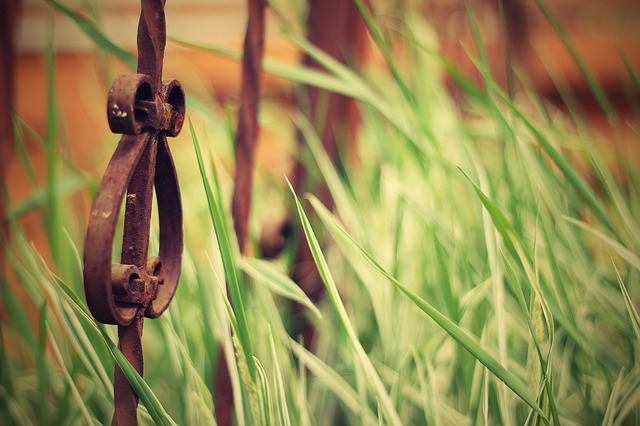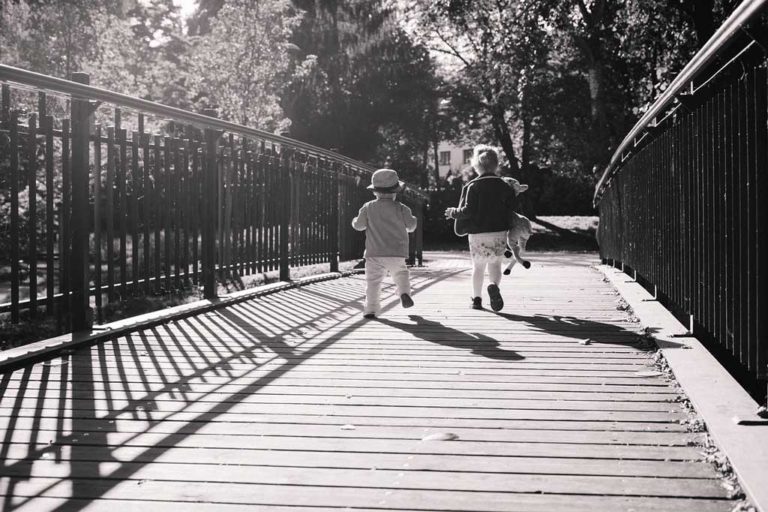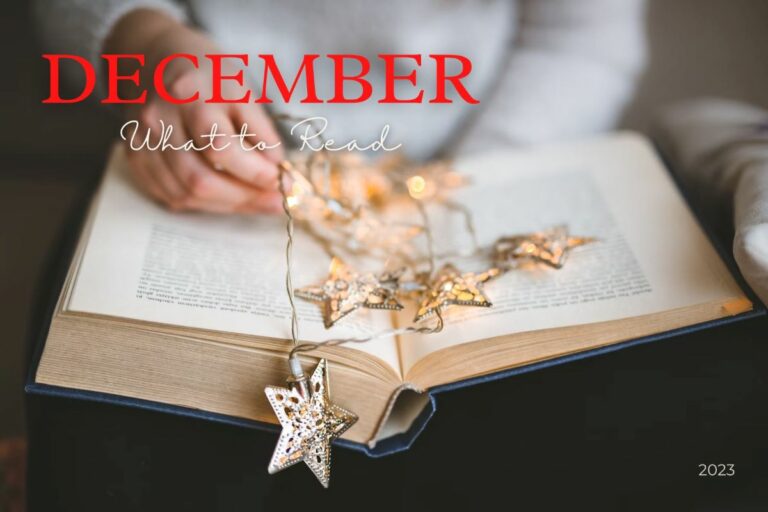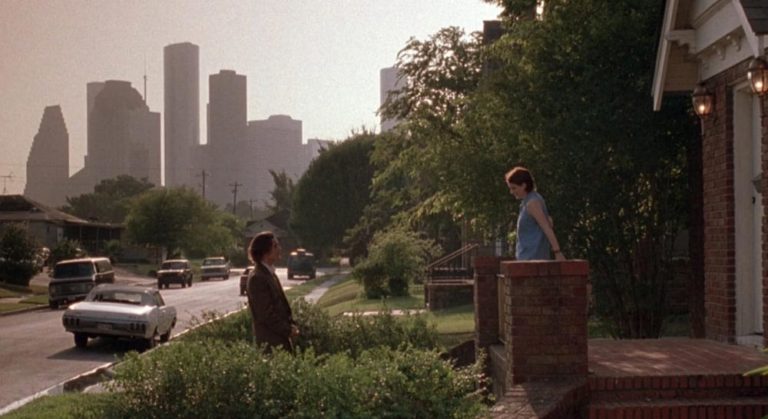Jane Steele by Liyndsay Faye
For When You Want Your Victorian Fiction More Murdery
Evil to some is always good to others.Â
Jane Austen, Emma
Jane Steele was sold as Jane Austen meets Jack the Ripper. This does not give credit to the author’s, Lyndsay Faye, witty and refreshing heroine. Jane is no Jack the Ripper. If you are looking for blood, guts, gore, and gratuitous killing this is not your book.
Instead, what you get is Jane Steele a woman who learns her own history in conjunction with the reader. A story in a classic voice with some modern sensiblities – and, the occasional proclivity for solving problems by absolving the problem of its living status.
When we first meet Jane she is a young girl. She lives with her mother in the shadow of a great house that her mother has promised is hers by right, but is currently housing her Aunt. It is after her mother’s unfortunate death that the story truly begins and when Jane commits her first murder.
Now, we, as adults, reading this part of the story are happy to give our little heroine our empathy and sympathy but this act in conjunction with the loss of her beloved mother sets Jane up to believe certain things about her own character. Things viewed through a child’s eyes and experiences that will go onto shape her view of herself, her worth, and her capabilities.
We follow our little murderess through the horrors of a rigorous boarding school where knowing and exposing others’ deficiencies allows the little women to eat a hot meal. Later, as she takes to the streets of London, we see how her history, circumstances, and forced self-reliance lead Jane to begin the journey of her birthright. This, oddly brings her home to the great house of her youth and into the intrigues of a mystery rich in extotic personalities and a certain captivating man just back from India with his foreign household.
Jane Steele is a novel that is much more Jane Austen meets Agatha Christie than Stephen King. It is unique and lovely. Worth every bit of your precious reading time. This novel is definitely one to read before they undoubtedly try to adapt it to the screen. I would prefer it left to the printed word. Since, Ms. Faye put so many nice words together that will assuredly be lost to Hollywood.
We may best part with some insight from Jane:
I hope that the epitaph of the human race when the world ends will be: Here perished a species which lived to tell stories.
We tell stories to strangers to ingratiate ourselves, stories to lovers to better adhere us skin to skin, stories in our heads to banish the demons. When we tell truth, often we are callous; when we tell lies, often we are kind. Through it all, we tell stories, and we own an uncanny knack for the task.?
– Lyndsay Faye, Jane Steele








